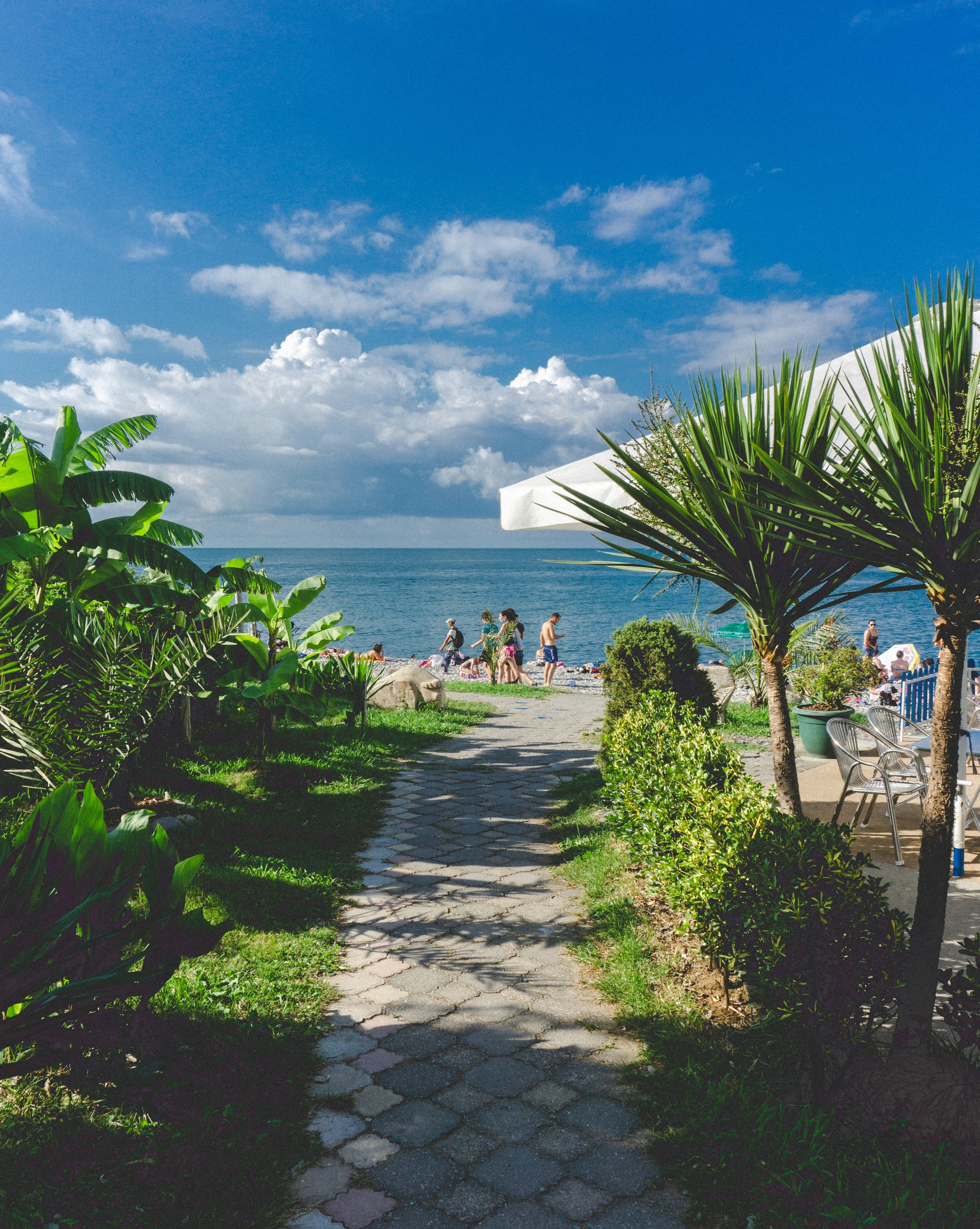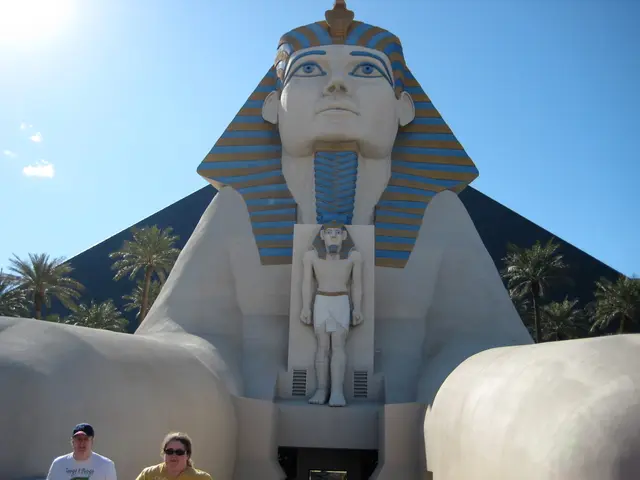Is Lack of Boredom Hindering Your Mental Breakthrough Process?
In our fast-paced lives, standing idle, phone dead, and with nothing to occupy our minds might feel like an unbearable burden. Welcome to boredom – a state the modern world has strived to avoid, yet it may be the secret ingredient that fuels creativity, insight, and clarity.
Contrary to popular belief, boredom isn't simply a lack of excitement. It's a cognitive signal from the brain, signaling understimulation, and prompting us to seek new experiences, refocus, or reconsider our circumstances.
Defined as a state of low arousal and dissatisfaction, boredom leaves the brain awake but undernourished, longing for a mental nourishment. Types of boredom include indifferent, passive boredom during wait times, motivated boredom that sparks exploration, and frustrated boredom felt in repetitive and monotonous situations.
Interestingly, when we're bored, the default mode network (DMN) in our brain becomes active. This network, often referred to as the brain's background processor, supports self-reflection, future planning, memory consolidation, and creative recombination of ideas. When left unoccupied, it allows insights to bubble up.
Modern life has been designed to combat boredom with constant stimulation. Scrolling while waiting, streaming during meals, and multitasking even while brushing teeth have become common practices. However, this constant stimulation can block mental integration and hinder creativity.
When given the chance to activate deeper cognitive states, the brain begins to work more efficiently, fostering creative solutions, generating original thought, and encouraging divergent thinking. Mild boredom has been shown to enhance performance on creative tasks.
Historically, some of the world's most creative minds, such as Albert Einstein, Agatha Christie, and Steve Jobs, embraced boredom as an intentional practice, using it to incubate original thoughts and foster intellectual growth.
To introduce boredom into our lives intentionally, consider taking tech-free pauses, embracing "idle" chores, scheduling white space, and walking without a goal. These practices can create space for mental stillness and allow the default mode network to work more effectively.
Certain nootropic compounds, such as L-theanine, Citicoline, and Bacopa monnieri, can support the brain during these deeper cognitive states, maximizing the benefits of strategic downtime.
Boredom is not an enemy to be defeated, but a signal from our brains that signals the need for new stimuli, a shift, or a stretch of our creative capacity. By embracing boredom as an invitation for growth rather than a problem to be solved, we can tap into one of the most underutilized resources in our mental toolkit.
The next time boredom sets in, resist the urge to fill the void with distractions. Instead, embrace the opportunity to let your brain unwind, wander, and discover new ideas. In the silence, your best ideas may flourish.
- Anxiety arises when the brain, under constant stimulation, is deprived of the opportunity to engage in the cognitive state activated by boredom.
- Memory consolidation and creative recombination of ideas can take place when the default mode network (DMN) in our brain becomes active during periods of boredom.
- Attention can be refocused and circumstances reconsidered as a result of the cognitive signal from the brain during states of boredom.
- Creativity may be fuelled by mild boredom, enhancing performance on creative tasks and fostering original thought.
- Productivity can be improved by intentionally introducing boredom into our lives through practices such as taking tech-free pauses and walking without a goal.
- Supplements like L-theanine, Citicoline, and Bacopa monnieri can support the brain during deeper cognitive states, maximizing the benefits of strategic downtime.
- Boredom may serve as a secret ingredient for insight, clarity, and creativity in our fast-paced lives, often considered an unbearable burden.
- Mental health can benefit from embracing boredom as it allows the brain to unwind, wander, and discover new ideas, tapping into an underutilized resource.
- Education and self-development, personal growth, and learning can all be enhanced by intentionally incorporating boredom into one's habits, as it sparks exploration and fosters intellectual growth, following the footsteps of creative minds like Albert Einstein, Agatha Christie, and Steve Jobs.







